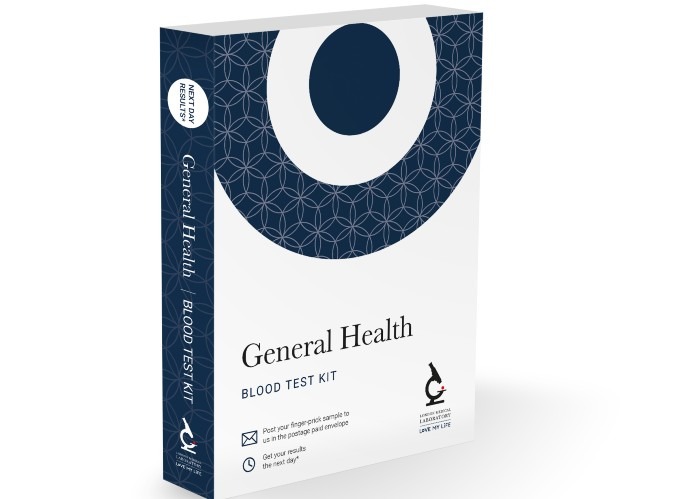A new government report on the wellbeing of the UK population reveals growing concerns over healthcare services and declining social cohesion. The Office for National Statistics (ONS) has published the “UK Measures of National Wellbeing,” showing significant changes in public sentiment since the pandemic.
One of the report’s key findings is a nearly 10% drop in the number of people who believe that individuals from different backgrounds get along well in their local communities. Last year, nearly 60% agreed that social harmony was strong, but this has now fallen to just 50.4%. This decrease, recorded before recent social unrest, may reflect growing tensions.
Dr. Avinash Hari Narayanan, Clinical Lead at London Medical Laboratory, commented on the findings, describing them as a “snapshot of a nation under strain.” According to Dr. Narayanan, people’s general sense of wellbeing has markedly worsened since the COVID-19 pandemic, with rising anxiety and dissatisfaction affecting many areas of life.
The report also highlights increasing anxiety levels across the UK. In 2019, 20.5% of Brits rated their anxiety as high, but this has now risen to 23.3%. This increase mirrors the growing dissatisfaction with healthcare services, with fewer than half of those surveyed—just 49.4%—saying they are satisfied with the state of the NHS and other healthcare providers.
Dr. Narayanan expressed concern about this, noting, “This decline in satisfaction should alarm both the Government and health professionals.” He added that it could indicate broader dissatisfaction with public services in general, particularly as healthy life expectancy continues to fall.
According to the report, healthy life expectancy at birth, which refers to the number of years people can expect to live in relatively good health, has declined. For men, healthy life expectancy now stands at 62.4 years, down from 63.4 years in 2017. For women, it is currently 62.7 years, down from 63.9 years during the same period. This decline in life expectancy suggests that the UK is facing a long-term trend of worsening public health.
The survey also uncovered an increase in mental health issues, with 21.8% of adults reporting symptoms of depression or anxiety. This is a significant rise from 19.1% in 2017. Additionally, the number of people reporting low life satisfaction has increased from 4.5% in 2019 to 5.3% today.
Despite these worrying statistics, there are still signs of hope. Around 70% of Brits reported feeling optimistic about the future, and levels of happiness have remained stable since 2019. Additionally, a strong sense of community persists, with 86.6% of respondents expressing satisfaction with their social relationships, including friends, family, and neighbours.
Dr. Narayanan believes the next national wellbeing survey in 2025 will provide valuable insights into whether the government’s new policies on healthcare and social cohesion are having an impact.
In the meantime, Dr. Narayanan highlighted the importance of personal health monitoring. “People can take control of their own health with simple at-home blood tests,” he said. London Medical Laboratory’s General Health Profile test offers individuals an easy way to monitor key health indicators, including cholesterol, liver and kidney function, and diabetes risk.


